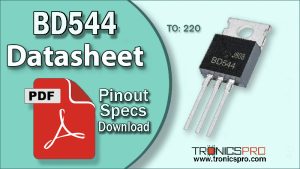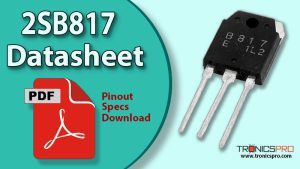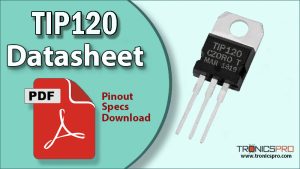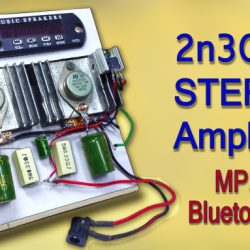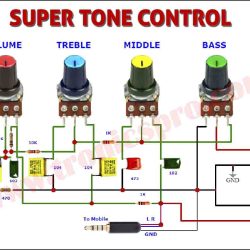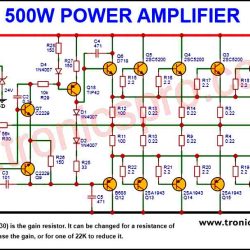Introduction
The BC328 transistor is a PNP bipolar junction transistor (BJT) designed for low to medium power switching and amplification tasks. It is well-suited for circuits where higher current handling is required, as it can manage up to -800mA of collector current. This makes it a good choice for driving relays, lamps, and small DC motors. With a collector-emitter voltage rating of -25V, the BC328 is optimized for circuits that operate at relatively lower voltages but demand higher current output.

The BC328 is built in a TO-92 plastic package, making it compact, lightweight, and easy to use in PCB or breadboard projects. It offers DC current gain (hFE) between 100 and 630, depending on the variant (A, B, or C). This wide gain range provides designers with the flexibility to select the best-suited type for amplification or switching purposes. In addition, its transition frequency of around 100 MHz makes it useful for both low-frequency audio amplification and general-purpose signal applications.
BC328 PNP Transistor

This transistor is widely used in power amplifier stages, signal processing, switching regulators, and microcontroller interface circuits. It is a favorite among students, hobbyists, and engineers who require a reliable, cost-effective, and versatile PNP transistor for projects. Thanks to its ability to handle higher currents compared to small-signal transistors, the BC328 is especially suitable for driving moderate loads and audio frequency amplification.
BC328 Pinout

BC328 Transistor Key Features
- PNP transistor designed for low and medium power applications.
- Can handle up to -800mA collector current.
- Available in multiple gain groupings (A, B, C).
- Compact, cost-effective, and widely available TO-92 package.
- Stable performance in both switching and amplification circuits.
- Reliable choice for educational, hobby, and professional projects.
Specifications/Characteristics of BC328 PNP Transistor
- Maximum Collector-Base Voltage (Vcb): -30V
- Maximum Collector-Emitter Voltage (Vce): -25V
- Maximum Emitter-Base Voltage (Veb): -5V
- Maximum Collector Current (Ic): -800mA
- Total Power Dissipation (Ptot): 625mW
- DC Current Gain (hFE): 100 – 630 (depending on variant A, B, or C)
- Transition Frequency (ft): 100 MHz (typical)
- Junction Temperature Range: -65°C to +150°C
- Package: TO-92 plastic
BC328 Pin Configuration
| Pin# | Pin Name | Pin Description |
|---|---|---|
| 1 | Collector | Current flows out, connected to load |
| 2 | Base | Controls transistor operation (biasing terminal) |
| 3 | Emitter | Current flows in, connected to negative supply |
More Circuit Layouts


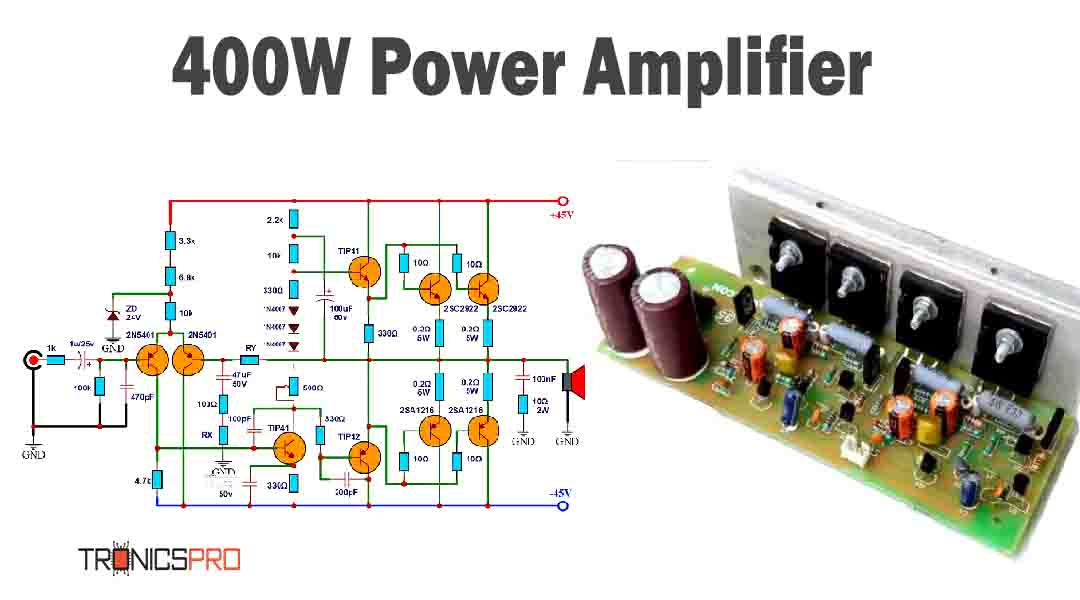
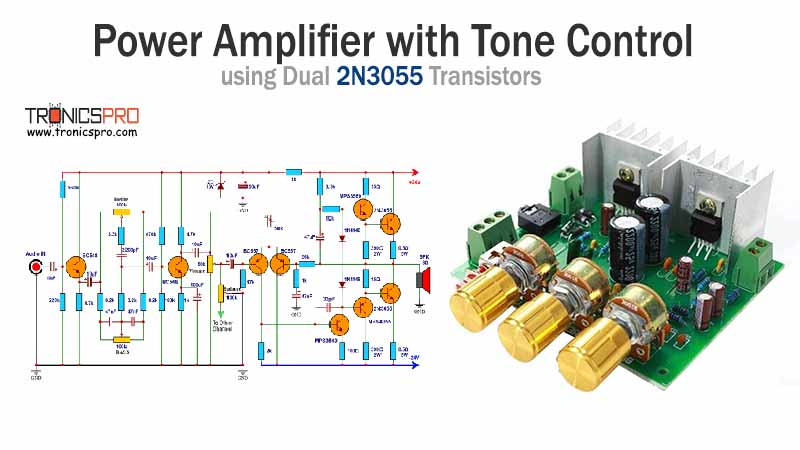
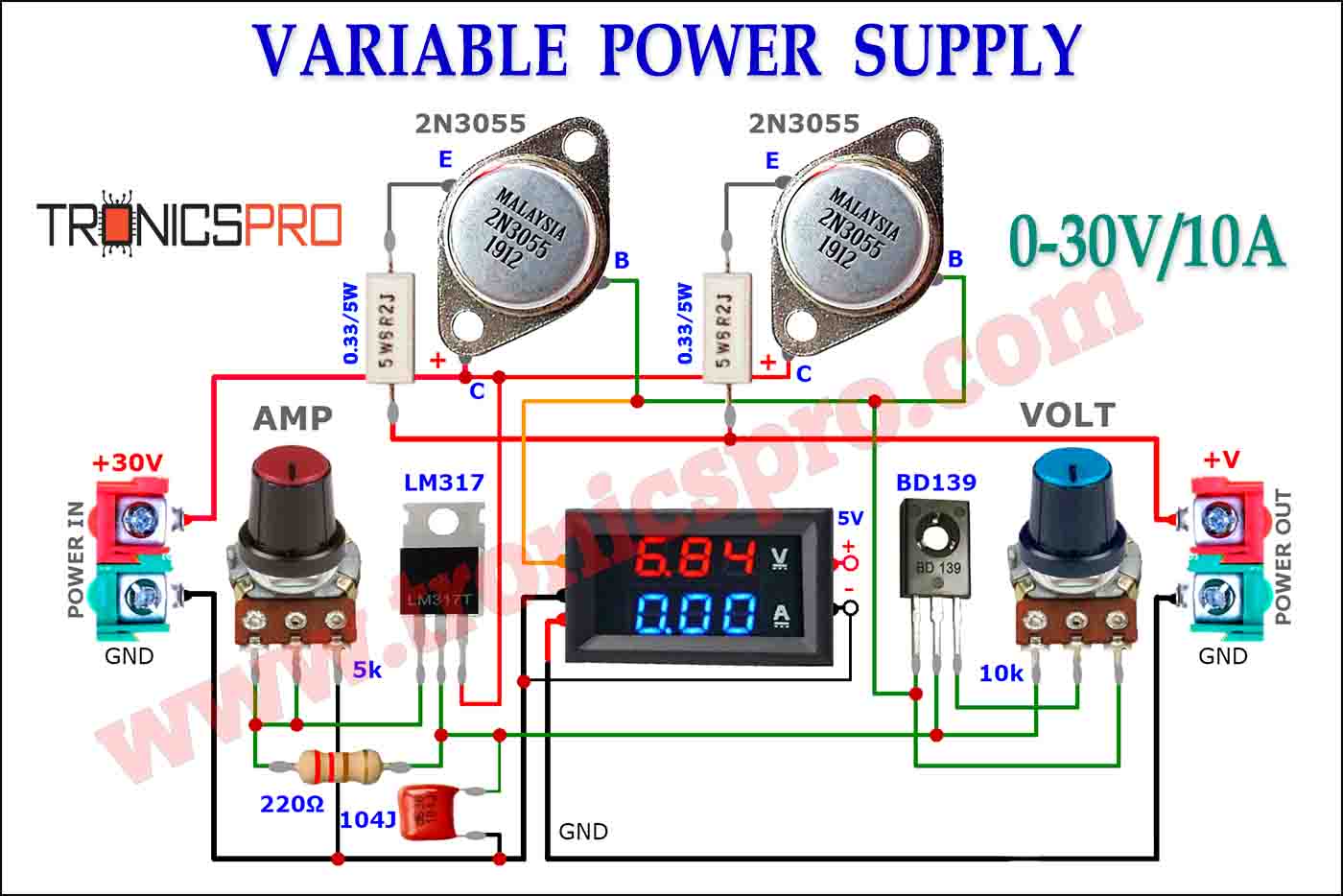



Key Applications of BC328 PNP Transistor
- Audio frequency amplification.
- Driving relays, lamps, and small motors.
- Switching regulators and power management circuits.
- Microcontroller output interface.
- Signal processing and waveform shaping.
- Low-voltage, moderate-current switching applications.
NPN Complimentary Transistor
BC338 (NPN) is the complementary transistor to BC328.
Equivalent Transistors of BC328
- BC327 (PNP transistor with higher voltage handling).
- BC557 (general-purpose PNP transistor).
- BC558 (low-noise PNP transistor for audio applications).
- 2N3906 (general-purpose PNP transistor).
- 2N2907 (PNP transistor with higher current capacity).
(Pin configuration of some transistors mentioned here may different from BC328).
Datasheet of BC328 PNP Transistor
Click the following Button below to download the datasheet of BC328 Transistor :
More projects, You may like:
- Video Transmitter DIY Homemade FM Radio Transmitter
- Adjustable Power Supply DIY Battery Charger
- 12V-220V 500 Watt inverter DIY Homemade
- MPPT Solar Charge Controller DIY Homemade
- DIY LA4440 bass amplifier homemade
For more project and circuit diagrams, you can go through the Schematics in the main menu where you can find many interesting projects and circuit diagrams like audio amplifier circuits, voltage booster circuit, battery charger circuit and timer circuits etc., which are all beginner circuit projects. Feel free to check them out!

Thank you for visiting the article.



